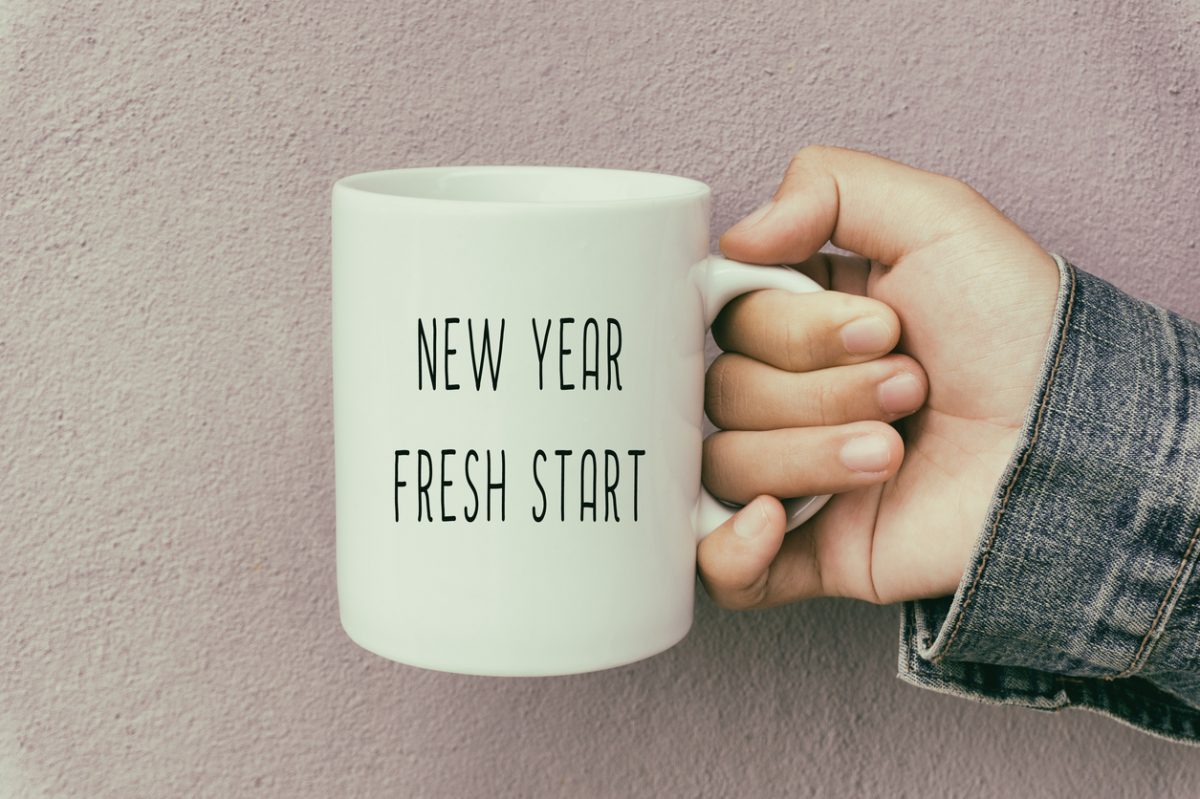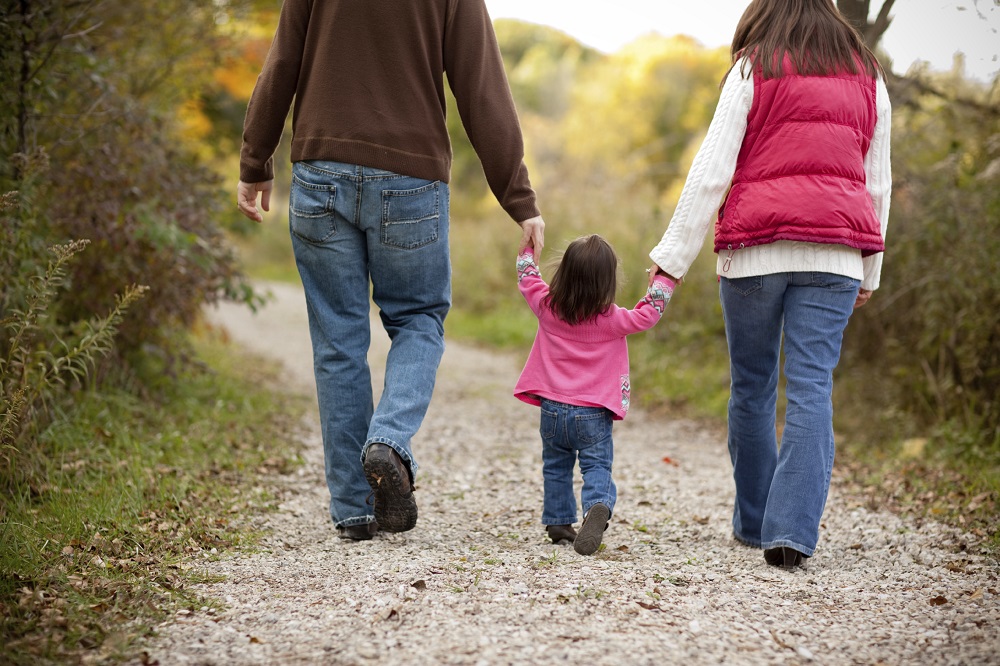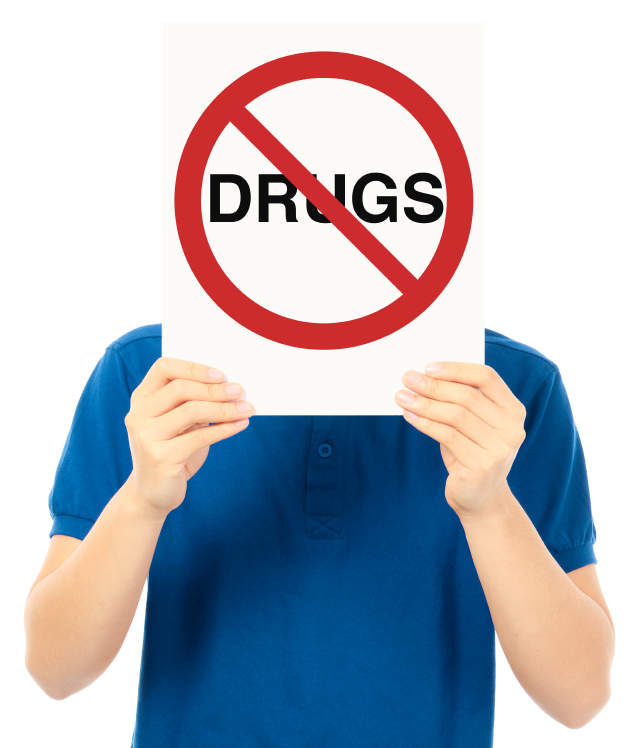
No one ever said sobriety would be easy – but to many, the idea of long-term sobriety can seem almost unattainable. And with the way addiction works, overcoming that point of view and working towards a new and hopeful future is difficult, but that’s what January is for. A new year, and the beginning of something better – for everyone who struggled with life in 2017, 2018 can be the one chance you need to make things better. Sticking to your sobriety might be the hardest thing you’ll ever have to do – and there is no straightforward rulebook for keeping clean. Everybody has their own methods, their own tricks. But with a little bit of help, some simple advice, and the right treatment, you’ll be able to walk your own journey to a better you.
Here’s what you must do to stick your new year’s resolution, and live a sober life this 2018.
Get Support For Sobriety
One thing must be said: this is your journey. It’s on you to get better, to follow the advice and the steps of others, and to find your own way to manage the disease and enjoy life again. Nothing will change that – and no one can live your life for you.
But there is a massive difference between giving up and putting it all in the hands of someone else, and asking for support from those you trust the most. Getting support is vital for anyone’s sobriety, even if you never enroll in a formal treatment program. You may not need the advice of a professional, or any medication. You may not even need to attend any meetings or go to a special residential treatment center to get clean.
But you will need the help of others to keep you on the right track, push you to stay strong when you begin to falter, and consistently remind you of what you must do to achieve your life-time goals. Support doesn’t mean surrounding yourself with people who support your habits and keep you from growing. It means surrounding yourself with the people who hold you accountable to your actions, inspire you to do better, and remind you that it’s okay to falter sometimes, if you never give up.
Finding people like that can be difficult, but thankfully, through local treatment centers, group therapy and the Internet, it’s easier than ever to make new friends and create the circle of support you might need to stay up on your feet.
Remember that, usually, it isn’t just about you. If your support group includes others going through a similar but different journey of self-discovery and addiction, then remind yourself that you have a duty to play as part of their support group, too. That role of being a giving and useful part of someone’s life can help you, by giving you something else to stay sober for.
Avoid The Past
Addiction is more than just an internal struggle – for many, it’s a fight against the temptations around them, as well. Many people have trouble getting out of their addiction because life continuously pulls them back into it. While protective environments help stifle this issue by completely removing people from the temptations present in their usual life, there is no getting around the fact that, at some point, a patient must come back home.
It’s important to start the new year right by cutting yourself off from the parts of your past that most strongly remind of your worst days. Sometimes, this might mean moving to a different neighborhood, or leaving old acquaintances behind. If you want to keep your early recovery from being jeopardized, taking steps to provide yourself with some fresh scenery can go a long way.
Beyond that, avoid thinking too much about the past. That does not mean you are supposed to run away from bad experiences or traumatic memories. Instead, it’s important not to dwell on them. Addiction feeds on some of our most negative emotions, including shame and fear. Part of denying the disease is learning to part from those emotions, and getting past the past.
Find Meaningful Hobbies
Beating addiction is not just about replacing the ritual, or finding things to keep yourself busy. It’s ultimately about finding other things to care about – things that genuinely give you pleasure and make you happy. For some, it’s exercise and competition. For others, it’s the pursuit of various creative arts. Others like to mix and match various hobbies, trying new things out rather than devoting themselves to a single discipline.
The trick to finding out what exactly works for you is trying it all out. Visit local clubs, watch YouTube tutorials, try things at home, buy a few beginner kits and see where your exploration takes you. You might discover a deep passion for woodworking, or learn to enjoy diving.
Set Short-Term Goals
One way to easily lose yourself in recovery is losing track of time, and routine. A lot of people who slip towards a relapse first notice themselves slipping and quitting certain habits or rules. If you have a strict schedule you first started upholding when you decided to quit and go straight, pick that schedule back up every time you feel yourself slipping.
If you feel your motivation to staying sober fading, it’s time to revive your enthusiasm by focusing on something else entirely. Set a short-time goal or challenge, or, if it’s a drastic lack of enthusiasm, pick up a new hobby.
Go On A Journey This Year
Let 2018 be the year to take your first fundamental steps towards truly achieving long-term sobriety, by dedicating yourself to a new you. Set goals for yourself, work hard to achieve them, and focus on the present instead of looking back to your past mistakes and stumbles.
After the remorse of addiction kicks in, it’s easy to be overwhelmed by the consequences of some of the things you might have done or said. Forgiving yourself and getting to the point where you truly believe you can still turn things around and be someone good is important, and very difficult. But if you manage to reach that point in your recovery, then you’ll be well on your way towards a life of lasting sobriety.









